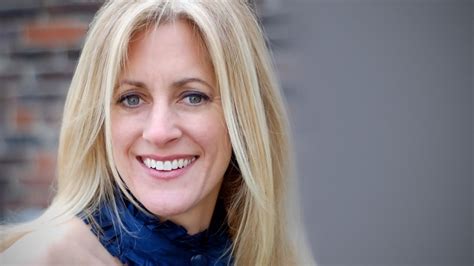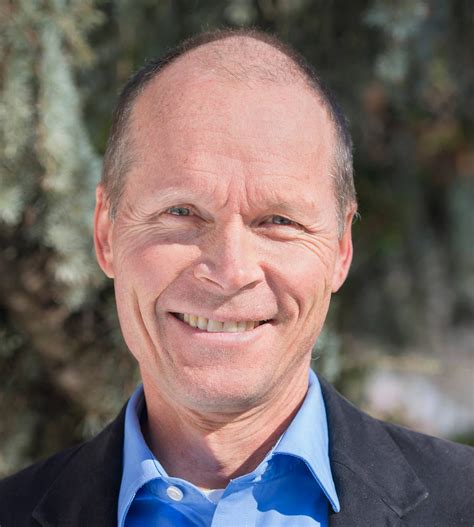A Quote by Julie Klam
More often than not, what animals require our protection from is not hurricanes or fires, but abuse at the hands of other people.
Related Quotes
You darkness, that I come from, I love you more than all the fires that fence in the world, for the fire makes a circle of light for everyone, and then no one outside learns of you. But the darkness pulls in everything: shapes and fires, animals and myself, how easily it gathers them! - powers and people - and it is possible a great energy is moving near me. I have faith in nights.
Complexity has and will maintain a strong fascination for many people. It is true that we live in a complex world and strive to solve inherently complex problems, which often do require complex mechanisms. However, this should not diminish our desire for elegant solutions, which convince by their clarity and effectiveness. Simple, elegant solutions are more effective, but they are harder to find than complex ones, and they require more time, which we too often believe to be unaffordable
Those who wish to change things may face disappointment, loss, or even ridicule. If you are ahead of your time, people laugh as often as they applaud, and being there first is usually lonely. But our protection cannot come between us and our purpose. Right protection is something within us rather than something between us and the world, more about finding a place of refuge and strength than finding a hiding place.
Surely comics require more effort on the part of the reader than movies or television. I'm always learning new things you can do with comics that wouldn't work in any other medium, and often they require the need to process a lot of dense information. Of course, the trick is to make the complicated seem effortless and spontaneous.
To be 'for animals' is not to be 'against humanity.' To require others to treat animals justly, as their rights require, is not to ask for anything more nor less in their case than in the case of any human to whom just treatment is due. The animal rights movement is a part of, not opposed to, the human rights movement. Attempts to dismiss it as anti human are mere rhetoric.
Life hands us a lot of hard choices, and other people can help us more than we might realize. We often think we should make important decisions using just our own internal resources. What are the pros and cons? What does my gut tell me? But often we have friends and family who know us in ways we don't know ourselves.
Humans — who enslave, castrate, experiment on, and fillet other animals — have had an understandable penchant for pretending animals do not feel pain. A sharp distinction between humans and 'animals' is essential if we are to bend them to our will, make them work for us, wear them, eat them — without any disquieting tinges of guilt or regret. It is unseemly of us, who often behave so unfeelingly toward other animals, to contend that only humans can suffer. The behavior of other animals renders such pretensions specious. They are just too much like us.






































